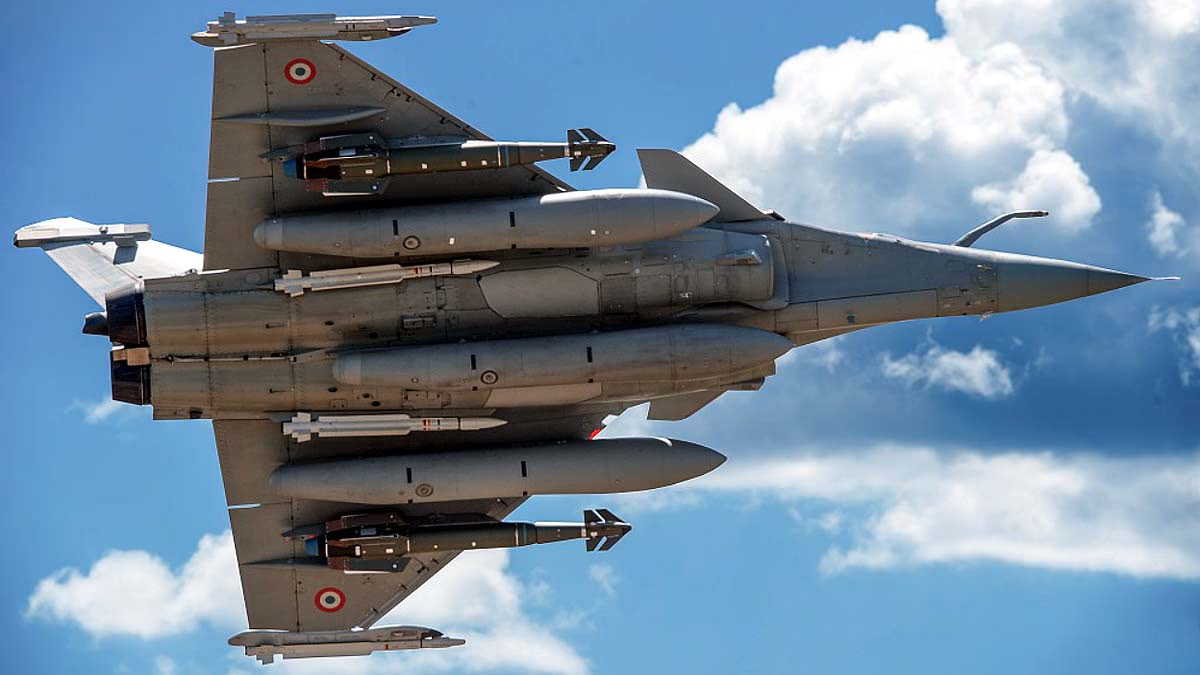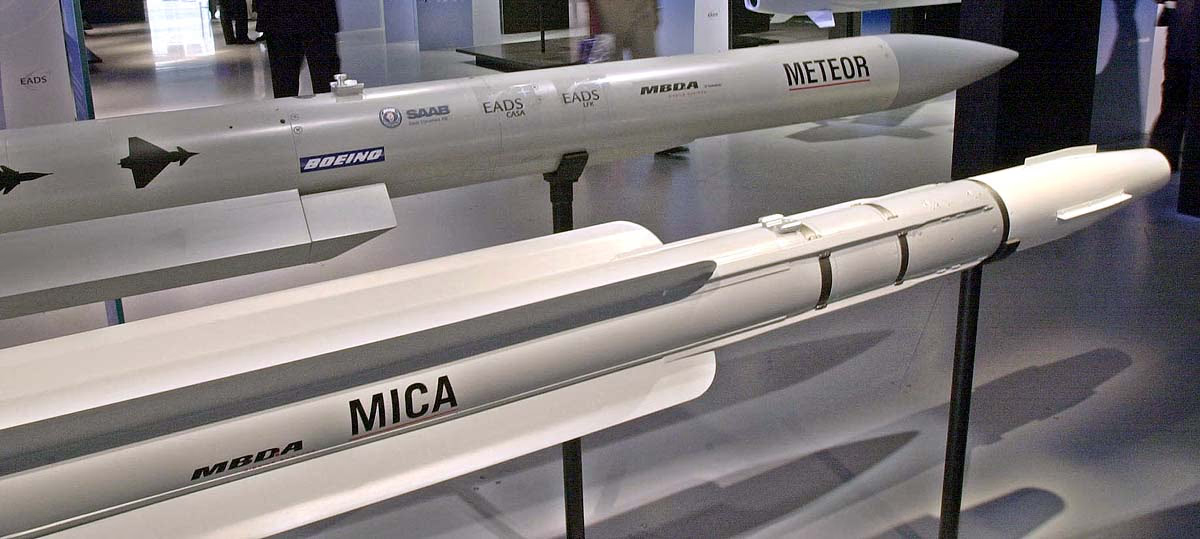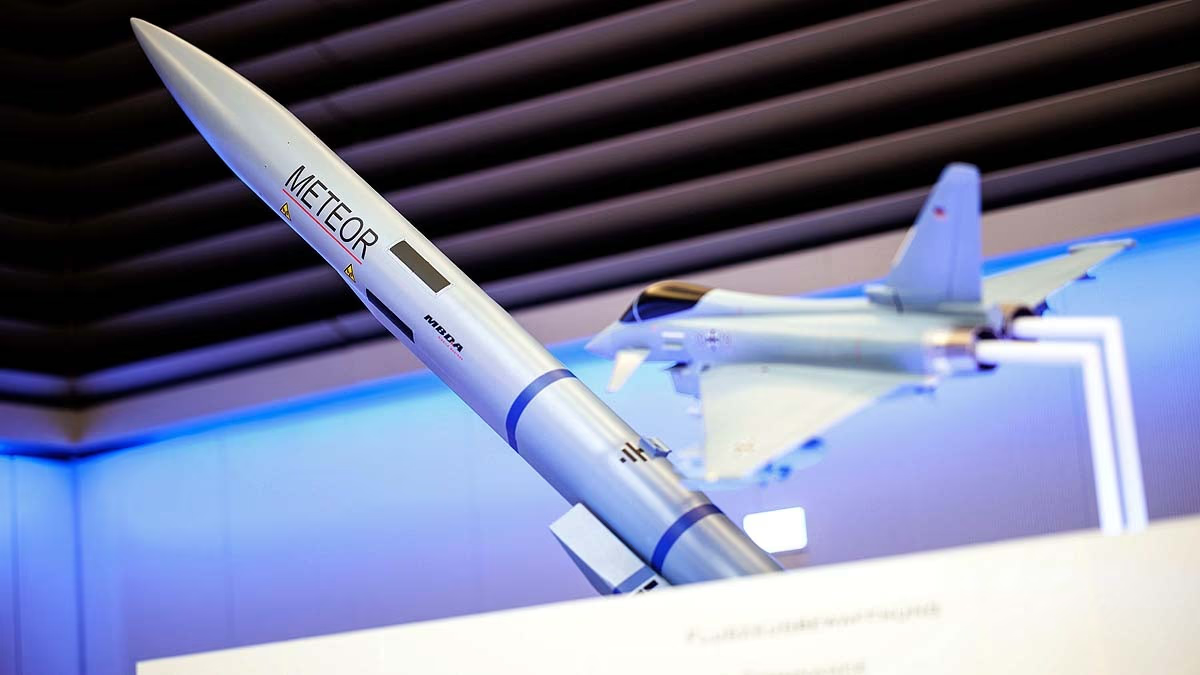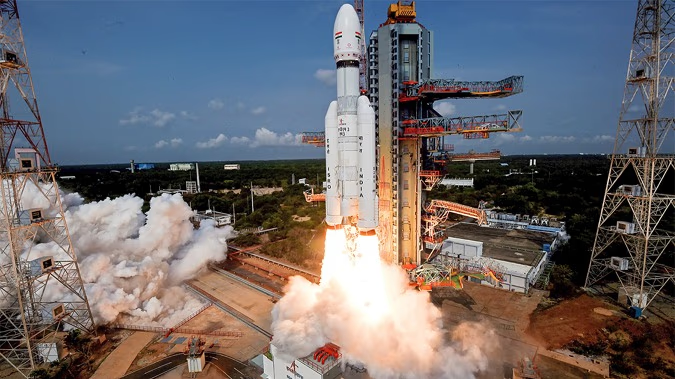The Indian Air Force scored a remarkable victory in 'Operation Sindoor' against Pakistan. Now, the IAF is set to reinforce its aerial combat prowess. Plans are underway to acquire a substantial number of advanced Meteor air-to-air missiles. This acquisition is in its final stages at the Ministry of Defense, with high-level approval anticipated soon. These missiles will destroy enemy aircraft from a distance.
In May 2025, following a terrorist attack in Pahalgam, Jammu and Kashmir, India launched 'Operation Sindoor.' Conducted from May 6 to May 10, this four-day confrontation saw India demolish Pakistani military and terrorist sites. Our fighter jets used long-range weapons, compelling Pakistan to call for a ceasefire.
In response, the Pakistani Air Force launched Chinese PL-15 air-to-air missiles, yet failed to inflict any damage on Indian aircraft. This attests to India's robust strategy. The victory underscored the critical importance of air superiority. Based on this experience, India is now enhancing its BVR (Beyond Visual Range) capability, empowering it to neutralize distant threats.

Source: aajtak
Meteor missiles, developed by the European company MBDA, rank among the most advanced air-to-air missiles globally.
Range: Capable of targeting over 200 kilometers away.
Ramjet Engine: Provides incredible speed (4939 km/hr) and extended flight duration. The engine uses air for fuel, preventing deceleration.
Smart technology: Tracks enemies using radar and sensors, functioning even amidst jamming attempts.
Advantage: Allows pilots to engage without closing in on enemies, offering a safe, offensive edge.
India had previously acquired some Meteor missiles with 36 Rafale fighter jets from France in 2016. Upcoming shipments for the Navy's 26 Rafale aircraft will also include these missiles. The estimated expenditure for the new acquisition is 1,500 crore INR, significantly enhancing the lethality of the Rafale fleet.

Source: aajtak
In recent years, the Pakistani Air Force has procured numerous PL-15 missiles from China. Although used in Operation Sindoor, they failed. India aims to stay ahead of its adversaries, ensuring all fleets possess formidable BVR capabilities.
Additionally, India's DRDO (Defense Research and Development Organization) is manufacturing Astra Mk-2 missiles. 700 units will be purchased, compatible with Su-30 MKI and LCA (Light Combat Aircraft) planes. Future Rafale jets may also feature indigenous anti-radiation missiles.
This procurement addresses threats beyond Pakistan, including China. According to the Ministry of Defense officials, approval in top meetings is imminent, which will bolster the Indian Air Force’s air dominance.




